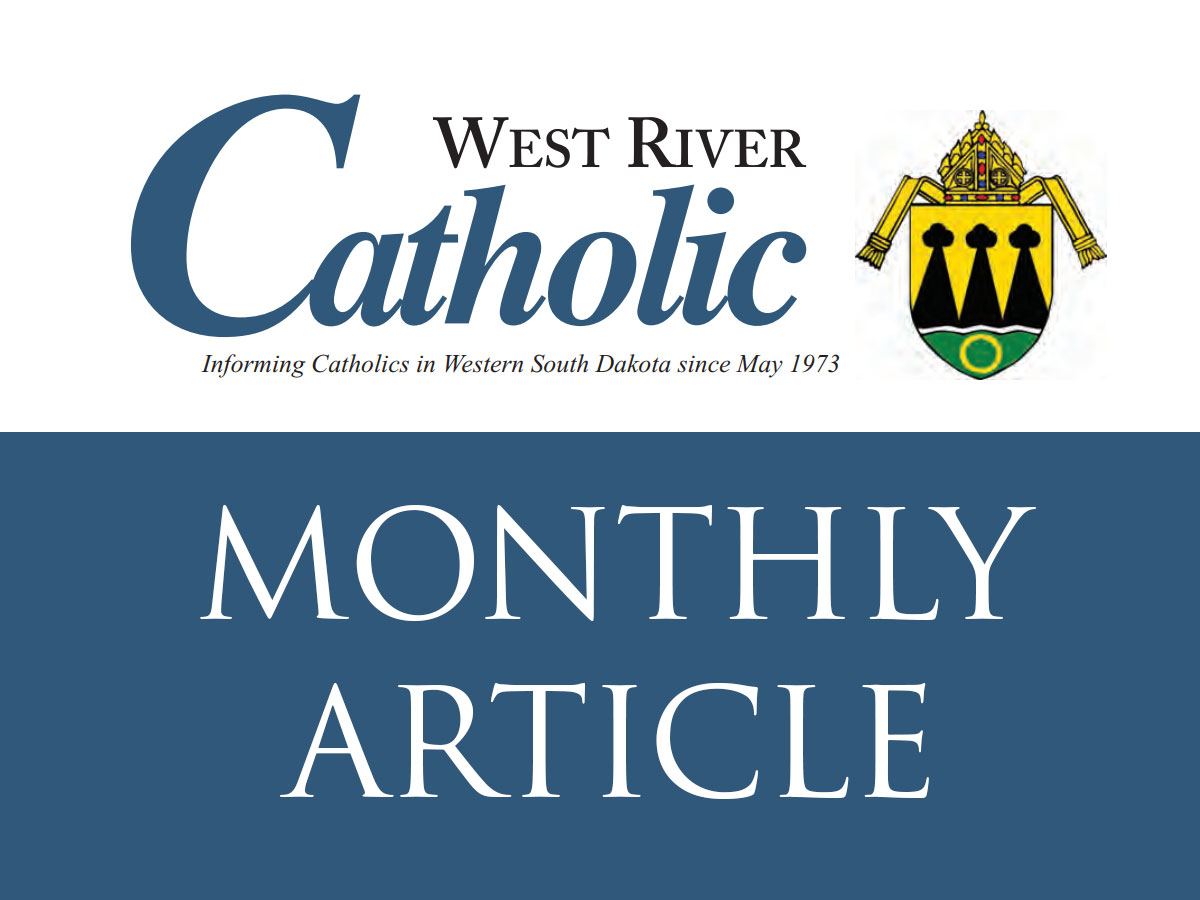To live as a faithful Catholic in the world means to always and everywhere honor Christ as King of the Universe – and to love and share Christian truth, even in the political arena.
2020 has felt like a tumultuous year. Some might even say I’m understating it a bit. Perhaps I am, but history can give helpful perspective. In particular, I propose that reflecting on the circumstances that gave rise to the feast day we celebrate this weekend – the Solemnity of Christ the King – is of great value to Christians in 2020.
About a hundred years ago, the world had just emerged from “the war to end all wars,” (World War I) which had taken an estimated 15-22 million lives. We can have a hard time comprehending what a devastating shock this was for the soul of Europe, the heart of the western Christian world at the time. In Orthodox Russia, the October Revolution of 1917 led to the murder of the Romanov royal family in 1918 and culminated in the Bolshevik establishment of the Soviet Union in 1923, with hundreds of thousands killed in the intervening years of Red Terror, and many millions more in the years that followed. Meanwhile, the Spanish flu infected a third of the world’s population and caused some 17-50 million deaths. In much of the world, governments were reconstituting, borders were shifting, laws were unstable, and society was unmoored. It was a wildly turbulent time, to be sure.
Shortly after his election to the pontificate in 1922, Pope Pius XI described the spiritual state of affairs succinctly: “Because men have forsaken God and Jesus Christ, they have sunk to the depths of evil …. It was a quite general desire that both our laws and our governments should exist without recognizing God or Jesus Christ, on the theory that all authority comes from men, not from God.” Pius didn’t agree with this prevailing desire. To the contrary, he wrote, without God, all efforts to repair and stabilize society are but “vain sterile attempts.” Commenting on specific social ills, he lamented the “supremacy of special interests,” the debasing of marriage in law, and the banishing of God and Christian teaching from schools (more on schools next column).
For Pius XI, writing in 1922, the solution was clear. Humankind’s deep need was for spiritual peace, for the “peace of Christ, which dwells in our hearts and is, in effect, the love of God.” This pastoral insight flowered three years later in the promulgation of the encyclical Quas Primas, which established a special feast of the Kingship of Our Lord Jesus Christ. We celebrate this Solemnity on Sunday, November 22.
In it, Pius XI called the faithful to “seek the peace of Christ in the Kingdom of Christ.” This fact – Christ’s Kingship – is not simply a pious image to put on a holy card. It is a doctrine of the faith. In a certain sense, it’s a “social doctrine” to boot.
Not only must Christ the King reign in our hearts as his disciples, giving us the interior peace and joy that conquer anxiety and fear, but perhaps more radically, as Quas Primas explains, Christ’s kingship has authority over civil affairs too. Thus, “when once men recognize, both in private and in public life, that Christ is King, society will at last receive the great blessings of real liberty, well-ordered discipline, peace and harmony.”
Do we desire deep and lasting harmony for our state and nation? Then we must share the great joy and peace his Kingdom has brought to our own hearts, and our confidence that it can bring the same to our world, if only we would accept it. May His Kingdom come.
